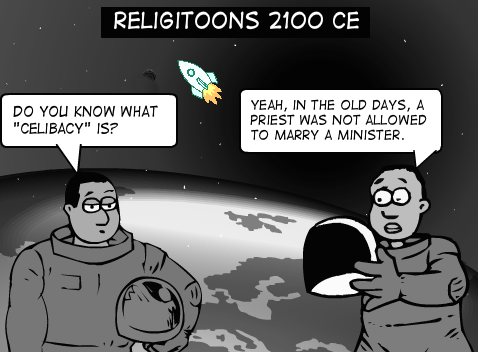| << Chapter < Page | Chapter >> Page > |
In other religions, the individual believer is expected to approach the divine directly, without an intermediary. But it still has to be done correctly! This means that in those religions it is very important that the correct information is spread about the expected relationship to the divine. In these religions, the role of the religious teacher comes to the fore.
In Protestant Christianity, this is the role of the pastor, preacher or minister . They deliver sermons in which they explain the meaning of scriptures and how scriptures can be applied to everyday life. In Hinduism the guru instructs people in the proper meaning of Hindu teachings, and in Tibetan Buddhism such a person is called a lama . In Islam this is the role of the imam , and in Judaism it is done by the rabbi .
Then there are people who also teach, but on a more academic level, and who are less directly involved with the practice of religion. In Hinduism such a person is called a pandit . In the western world we find the theologian and the scholar of religion . Theologians research one religion (their own) intensively, while scholars of religion study religious thought and activity more widely.
Every religion needs people just to run the organisation efficiently. In many cases, this is taken on as an additional job by the priest, minister or pastor. In fact, many of these people surely wish that there was less administration and more time for their real jobs!
But very often, there is simply too much work for one person to do. And in many religions, this leads to people who are not ordained (lay members) being drawn in to the running of the organisation. Different religious traditions may call them by different names, but we can collectively refer to them as elders .
Despite what the name suggests, you don't actually have to be very old to be an elder. But you should be widely respected for your sober lifestyle and your ability to work efficiently. Many elders are also successful people in their daily lives outside the religious organisation: they may be businesspeople, legislators or administrators (professors, not so much). In fact, most elders are not full–time religious professionals.
One religious organisation, a Christian church known as the Quakers, refuses to appoint any member to any role higher than that of elder. In other religious organisations, elders are formally placed below the minister or pastor, but in practice a strong–willed elder of long standing can have far more influence over the congregation than a young, inexperienced priest or minister!
In some religious organisations, you may also find a level of commitment greater than that of the elder, but not quite on the level of the ordained priest or minister. Again, let us borrow some Chriatian terminology and call such a person, in any religion a deacon . Deacons' status and responsibilities vary greatly from one religion (and one denomination) to another, but wherever we find them, they seem to be taking on the organiser's role.
I hope you realise that we have been painting with a very broad brush here. What one church calls a deacon may be called an elder in another. Some organisations will have a kind of ordination for the people they call "elders", but have laypeople serving on a parish council that serve the same purpose.
The division into believers, mediators, teachers and organisers, however, seems to be fairly fundamental and we can find at least three of these four roles in all religions. Not all religions have mediating figures, but they all need to have the mass of common believers, somebody to keep reminding the believers what the religion is all about, and somebody who takes care that the lights in the group's meeting place stay on.
One last remark: in religious organisations that do not ordain women, the elder and deacon roles are often open to them, and many religious organisations would come to a complete halt if it were not for the organisational skills of their female members.


Notification Switch
Would you like to follow the 'Learning about religion' conversation and receive update notifications?